Home>Storage & Organization>Decluttering Tips & Tricks>How Often Should You Declutter


Decluttering Tips & Tricks
How Often Should You Declutter
Modified: August 30, 2024
Discover expert decluttering tips and tricks to help you decide how often to declutter. Keep your space organized and clutter-free with our helpful advice.
(Many of the links in this article redirect to a specific reviewed product. Your purchase of these products through affiliate links helps to generate commission for Storables.com, at no extra cost. Learn more)
Introduction
Welcome to the world of decluttering, where the art of simplifying your living space can lead to a more organized and stress-free life. Whether you're a minimalist at heart or someone who simply wants to clear out the excess, decluttering is a powerful tool for transforming your home and mindset.
In today's fast-paced world, it's easy to accumulate more possessions than we need. From clothes and gadgets to sentimental items, our homes often become filled with things that no longer serve a purpose. This accumulation can lead to a cluttered and chaotic environment, making it challenging to find what we need and causing unnecessary stress.
The concept of decluttering goes beyond just tidying up; it's about consciously evaluating the items in our living spaces and making decisions that lead to a more streamlined and harmonious home. By decluttering, you can create a space that not only looks tidy but also feels calm and inviting.
In this article, we'll explore the benefits of decluttering, the factors to consider when deciding how often to declutter, and practical tips for maintaining a clutter-free space. Whether you're a decluttering novice or a seasoned minimalist, this guide will provide valuable insights to help you achieve and maintain a clutter-free home. So, let's embark on this decluttering journey together and discover the transformative power of simplifying our living spaces.
Key Takeaways:
- Regular decluttering prevents stress and boosts productivity. Consider your lifestyle and living space to establish a sustainable decluttering routine that works for you.
- Maintain a clutter-free space by establishing daily habits, utilizing storage solutions, and involving family members. Celebrate progress and seek inspiration for ongoing motivation.
Read more: How Often Should You Descale A Kettle
The Benefits of Decluttering
Decluttering offers a multitude of benefits that extend far beyond just having a tidy home. Here are some compelling reasons to embrace the decluttering process:
- Reduced Stress: A clutter-free environment can lead to reduced stress and anxiety. When our surroundings are organized, our minds tend to feel calmer and more at ease.
- Enhanced Productivity: A clutter-free workspace can boost productivity and focus. With fewer distractions and a clear workspace, you can accomplish tasks more efficiently.
- Improved Mood: Living in a clutter-free space can positively impact your mood and overall well-being. A tidy environment can evoke a sense of tranquility and contentment.
- More Space: Decluttering creates more physical space in your home, making it feel larger and more open. This can be especially beneficial in smaller living spaces.
- Financial Benefits: Selling or donating items you no longer need can provide extra income or tax deductions. Additionally, reducing unnecessary purchases can lead to financial savings.
- Healthier Lifestyle: A clutter-free home is easier to clean and maintain, promoting a healthier living environment. It also reduces the risk of accidents and injuries caused by tripping over clutter.
- Enhanced Creativity: A clear and organized space can stimulate creativity and inspiration, whether it’s for work, hobbies, or personal projects.
- Positive Impressions: A clutter-free home can make a positive impression on visitors and create a welcoming atmosphere for guests.
By embracing the decluttering process, you can experience these benefits and more, ultimately creating a more harmonious and fulfilling living space.
Factors to Consider
When determining how often to declutter, several factors come into play. Understanding these factors can help you establish a decluttering schedule that suits your lifestyle and living space. Here are some key considerations:
- Lifestyle: Your lifestyle and daily habits can influence how quickly clutter accumulates in your home. For example, if you frequently purchase new items or have a busy schedule, clutter may build up more rapidly.
- Living Space: The size of your living space and the amount of storage available can impact the rate of clutter accumulation. Smaller spaces may require more frequent decluttering to maintain a sense of openness and organization.
- Family Dynamics: If you live with family members, their habits and belongings contribute to the overall clutter in your home. Consider the needs and preferences of everyone in your household when establishing a decluttering routine.
- Storage Solutions: The effectiveness of your storage solutions and organization systems can influence how clutter accumulates. Assess the functionality of your storage spaces and make adjustments as needed to prevent clutter from building up.
- Seasonal Changes: Certain seasons or events, such as holidays or changes in weather, can lead to an influx of new items entering your home. Adjust your decluttering schedule to accommodate these fluctuations.
- Sentimental Items: Emotional attachments to belongings can make it challenging to declutter regularly. Consider how sentimental items impact your living space and develop strategies for managing them effectively.
- Personal Preferences: Your personal threshold for clutter and your desire for a tidy living space play a significant role in determining how often you should declutter.
By taking these factors into account, you can tailor your decluttering approach to align with your specific circumstances and create a sustainable decluttering routine that works for you.
Set a regular schedule for decluttering, such as once a season or every 3-6 months. This will help prevent clutter from building up and make the process more manageable.
How Often to Declutter
Deciding how often to declutter depends on various factors, including your living situation, habits, and personal preferences. While there is no one-size-fits-all answer, the following guidelines can help you determine a decluttering schedule that suits your needs:
- Regular Maintenance: Engage in regular maintenance decluttering sessions to prevent clutter from accumulating. This may involve setting aside a specific time each week or month to assess and tidy up your living space.
- Seasonal Overhauls: Consider conducting more comprehensive decluttering sessions on a seasonal basis. This allows you to address specific seasonal items and assess any accumulation of belongings over time.
- Event-Driven Decluttering: Certain events, such as moving, hosting guests, or home renovations, can serve as catalysts for decluttering. Use these occasions as opportunities to evaluate and streamline your belongings.
- Personal Threshold: Pay attention to your personal tolerance for clutter and the impact it has on your well-being. If you find that clutter is causing stress or hindering your daily activities, it may be time to declutter more frequently.
- Flexibility: Be open to adjusting your decluttering schedule based on changes in your lifestyle, living space, or habits. Flexibility allows you to adapt your approach to decluttering as needed.
Ultimately, the frequency of decluttering should align with your individual needs and the dynamics of your living environment. By incorporating regular maintenance, seasonal overhauls, event-driven decluttering, and a keen awareness of your personal threshold for clutter, you can establish a decluttering cadence that promotes a harmonious and organized home.
Tips for Maintaining a Clutter-Free Space
Once you’ve decluttered your living space, maintaining a clutter-free environment is essential for long-term organization and peace of mind. Consider the following tips to help you sustain a tidy and harmonious home:
- Establish Daily Habits: Incorporate daily habits such as making the bed, doing a quick tidy-up, and putting items back in their designated places. Consistent small efforts can prevent clutter from accumulating.
- Practice the “One In, One Out” Rule: For every new item that enters your home, consider removing an existing item. This approach helps maintain a balanced and clutter-free environment.
- Utilize Storage Solutions: Invest in functional storage solutions such as bins, baskets, shelves, and organizational systems to keep belongings organized and easily accessible.
- Regularly Assess Belongings: Periodically evaluate your possessions to identify items that are no longer needed or used. Regular assessments prevent unnecessary accumulation of belongings.
- Declutter Sentimental Items Mindfully: When dealing with sentimental items, consider keeping a curated selection that holds significant meaning and finding alternative ways to honor memories without keeping every item.
- Set Clear Boundaries: Establish boundaries for clutter-prone areas, such as countertops and entryways, to prevent them from becoming dumping grounds for miscellaneous items.
- Practice Mindful Consumption: Before making new purchases, assess whether the item aligns with your needs and adds value to your life. Mindful consumption reduces the influx of unnecessary items.
- Involve Family Members: Encourage everyone in your household to participate in maintaining a clutter-free space by assigning specific tasks and fostering a collective sense of responsibility.
- Celebrate Progress: Acknowledge and celebrate the progress you make in maintaining a clutter-free space. Recognizing your efforts can reinforce positive habits and motivate continued organization.
- Seek Inspiration: Explore resources such as decluttering books, blogs, and minimalist living concepts for ongoing inspiration and motivation to sustain a clutter-free lifestyle.
By implementing these tips and integrating them into your daily routines, you can cultivate an environment that promotes organization, tranquility, and a sense of spaciousness, ultimately leading to a more fulfilling and harmonious living experience.
Frequently Asked Questions about How Often Should You Declutter
Was this page helpful?
At Storables.com, we guarantee accurate and reliable information. Our content, validated by Expert Board Contributors, is crafted following stringent Editorial Policies. We're committed to providing you with well-researched, expert-backed insights for all your informational needs.
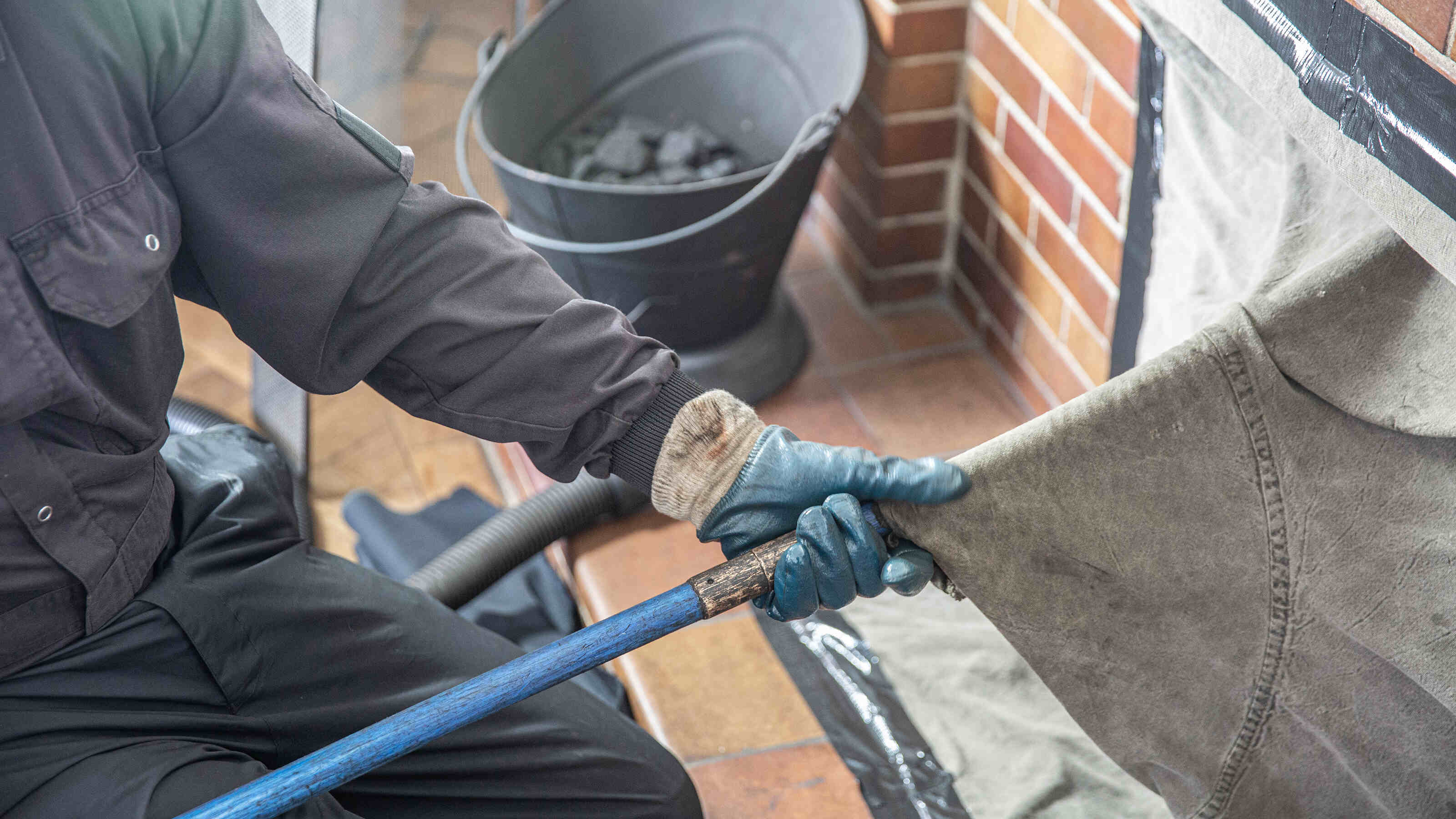
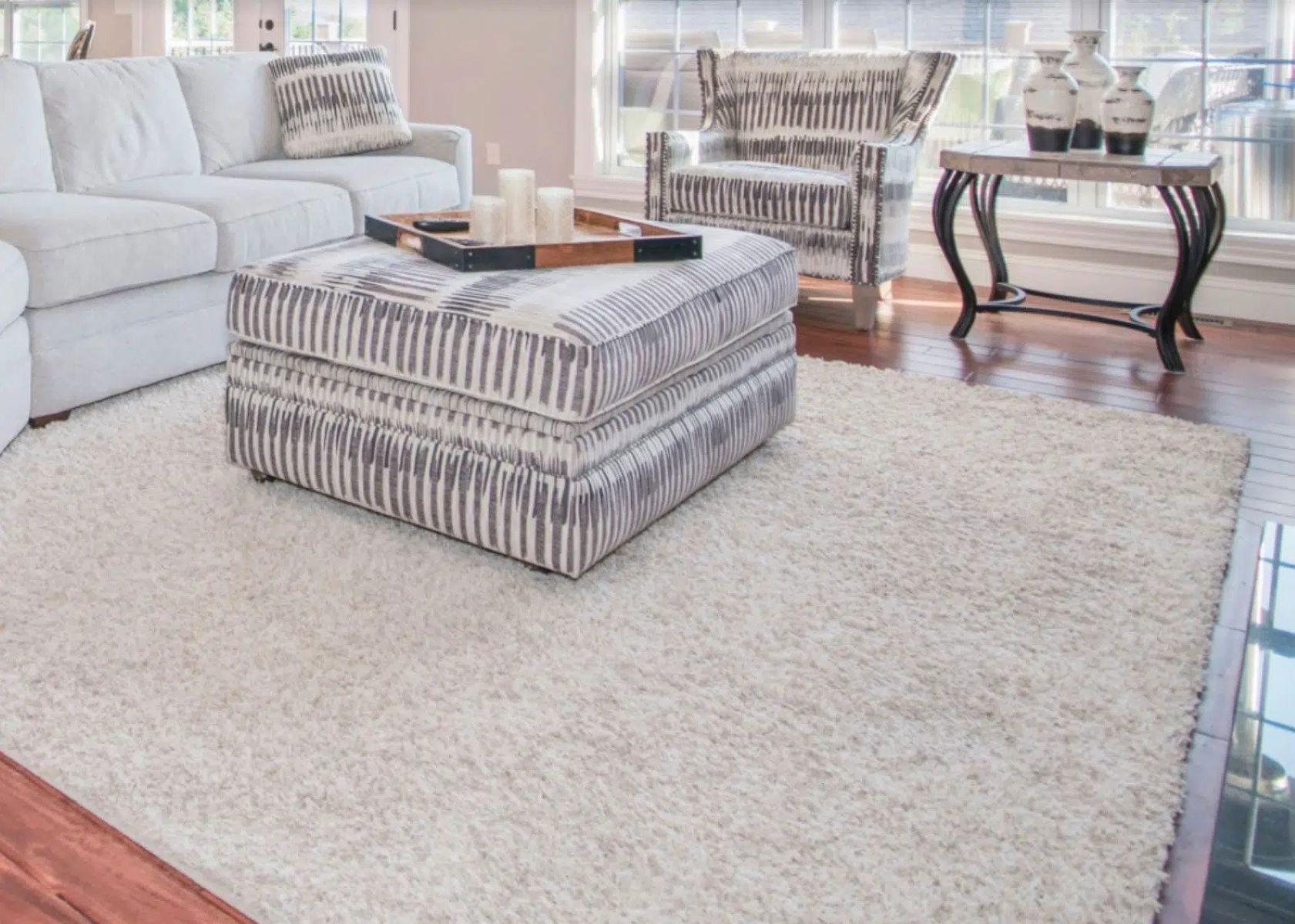
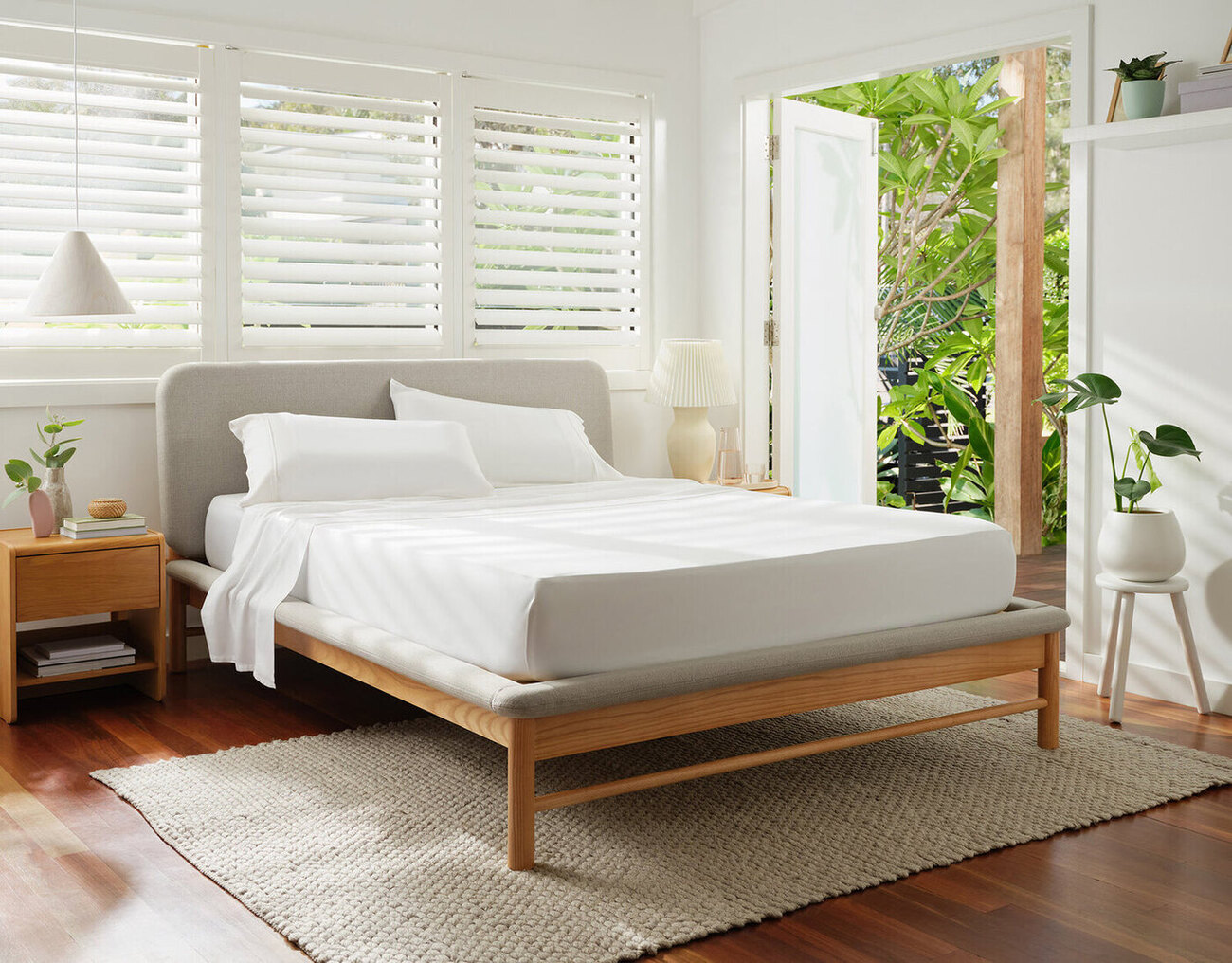

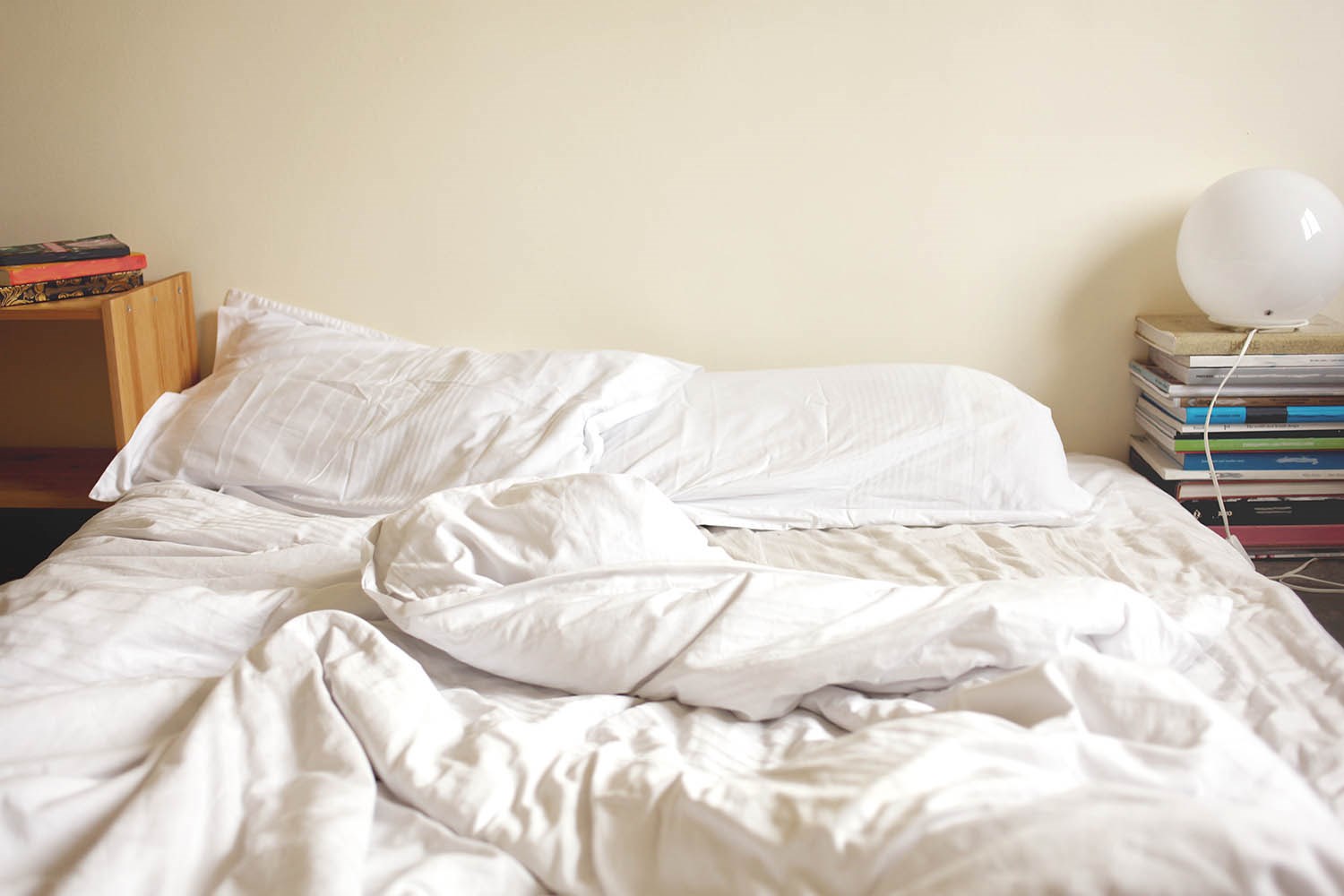
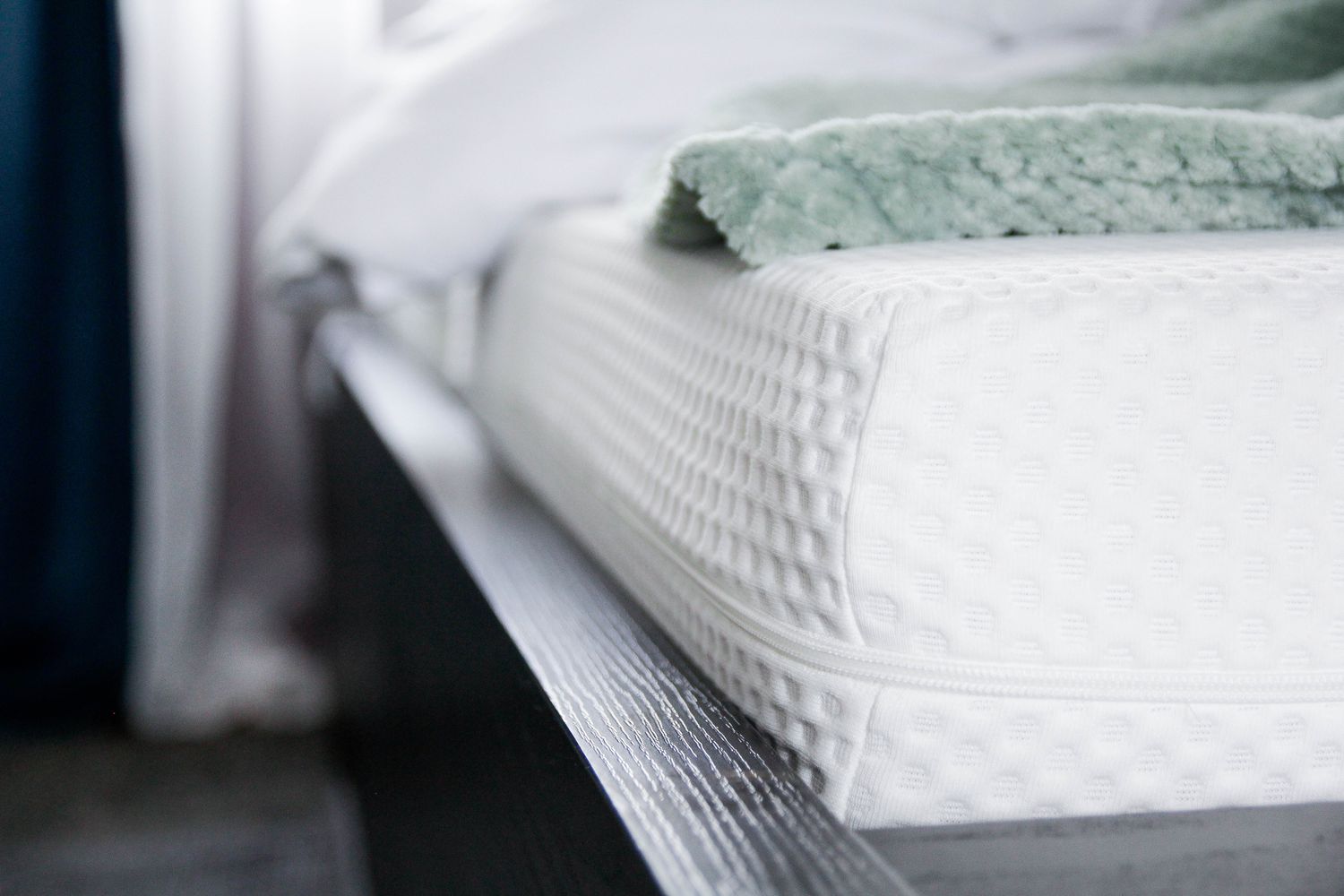
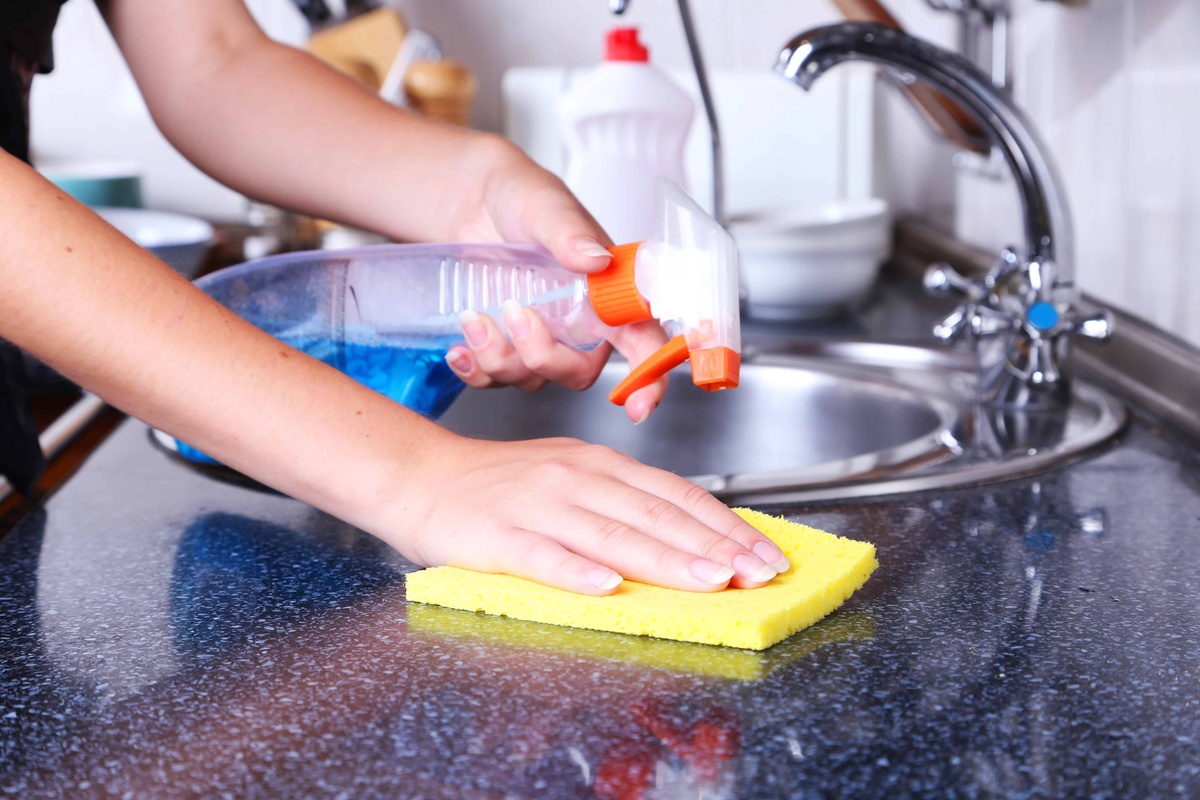
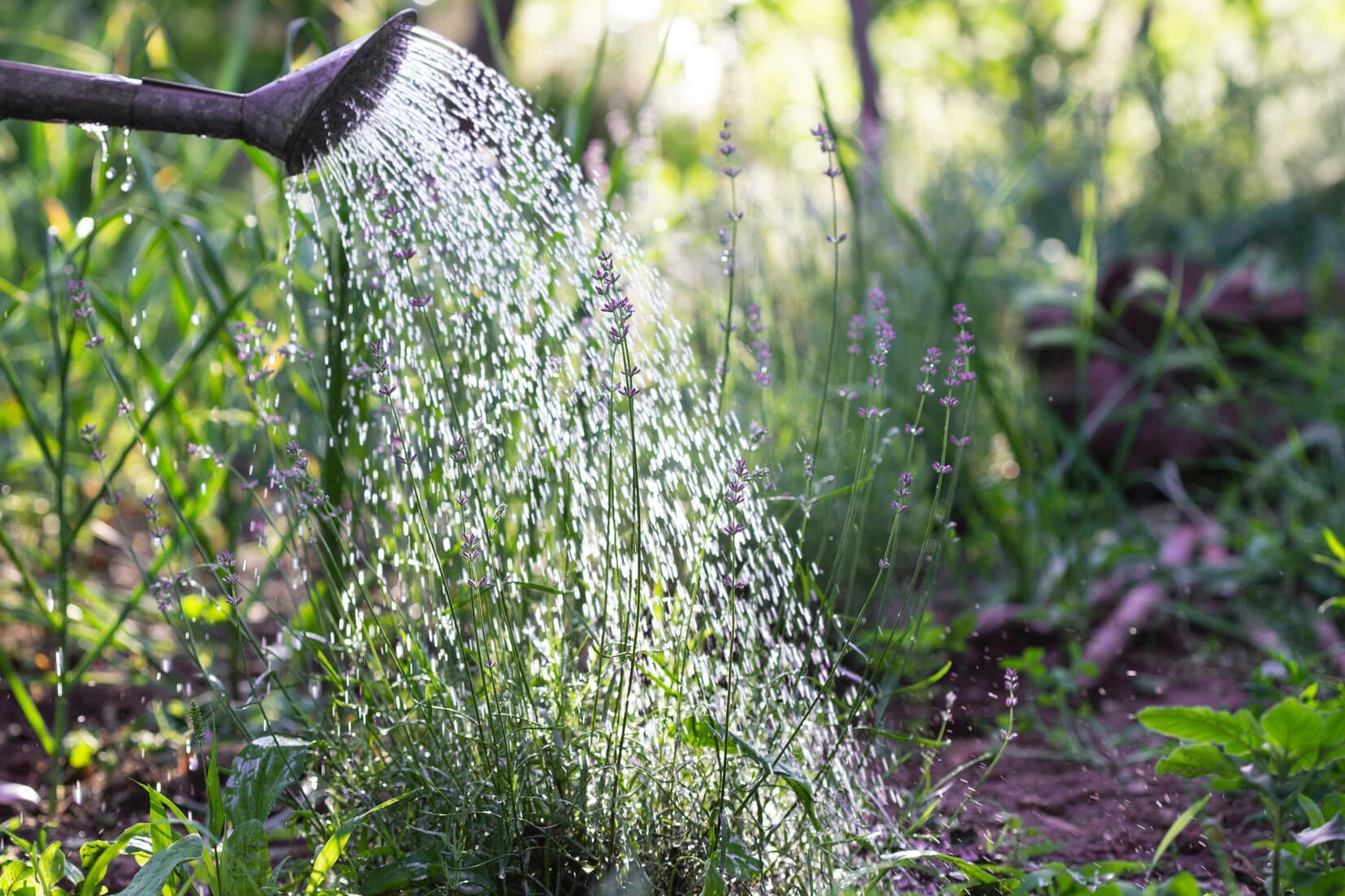
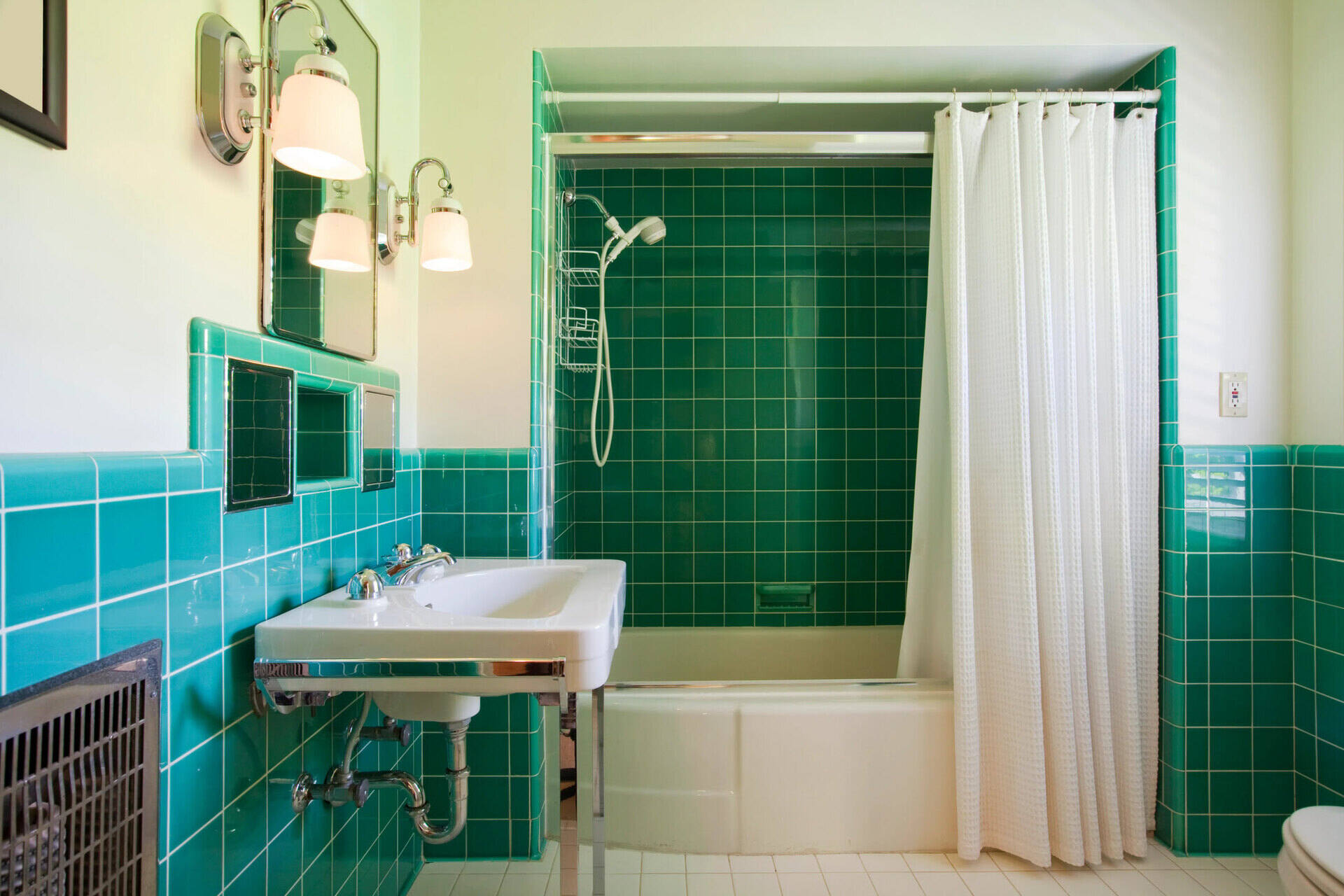
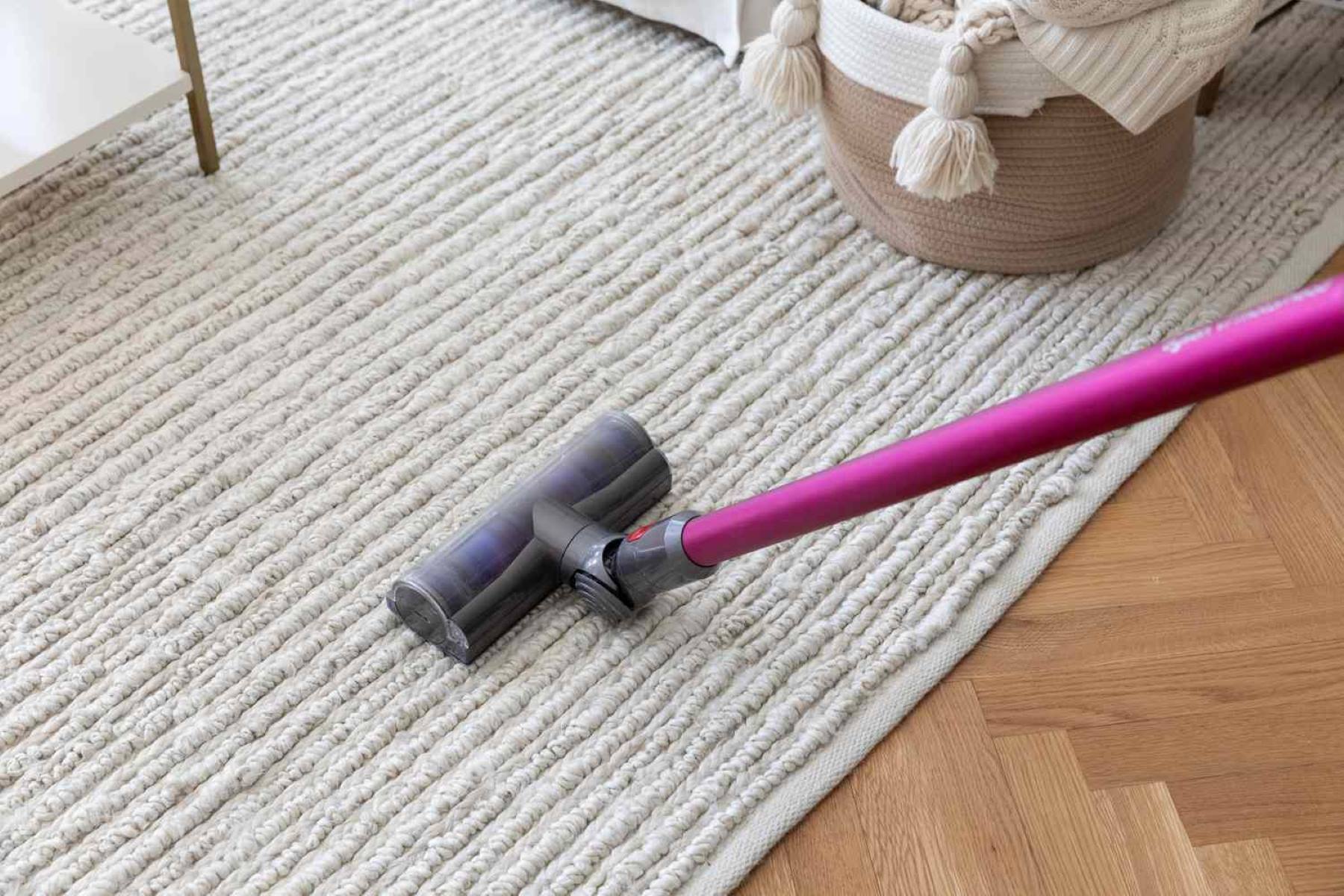
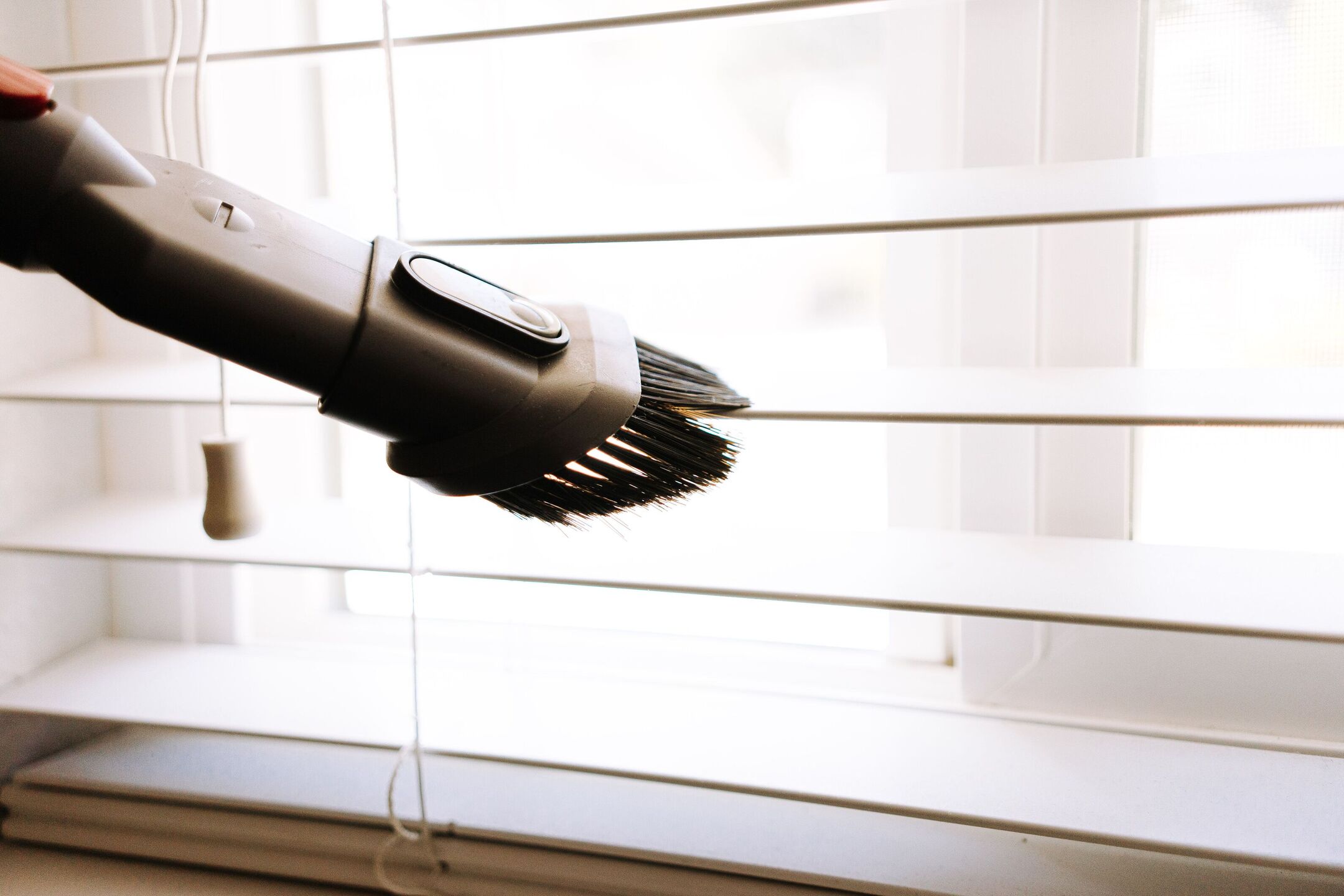
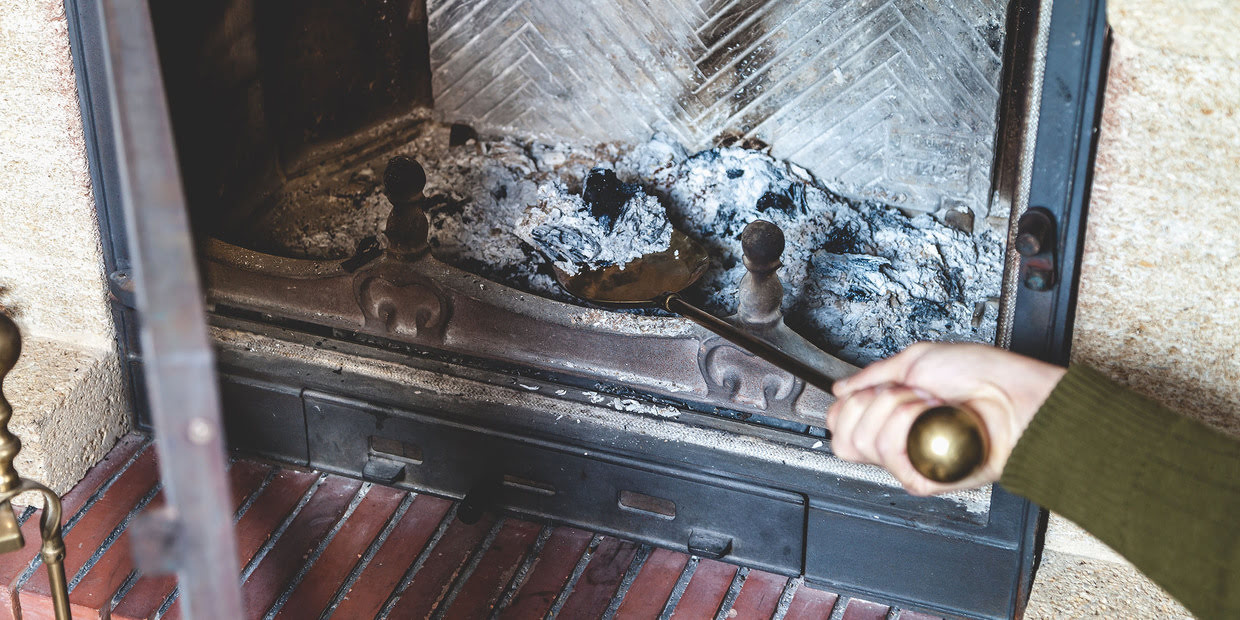
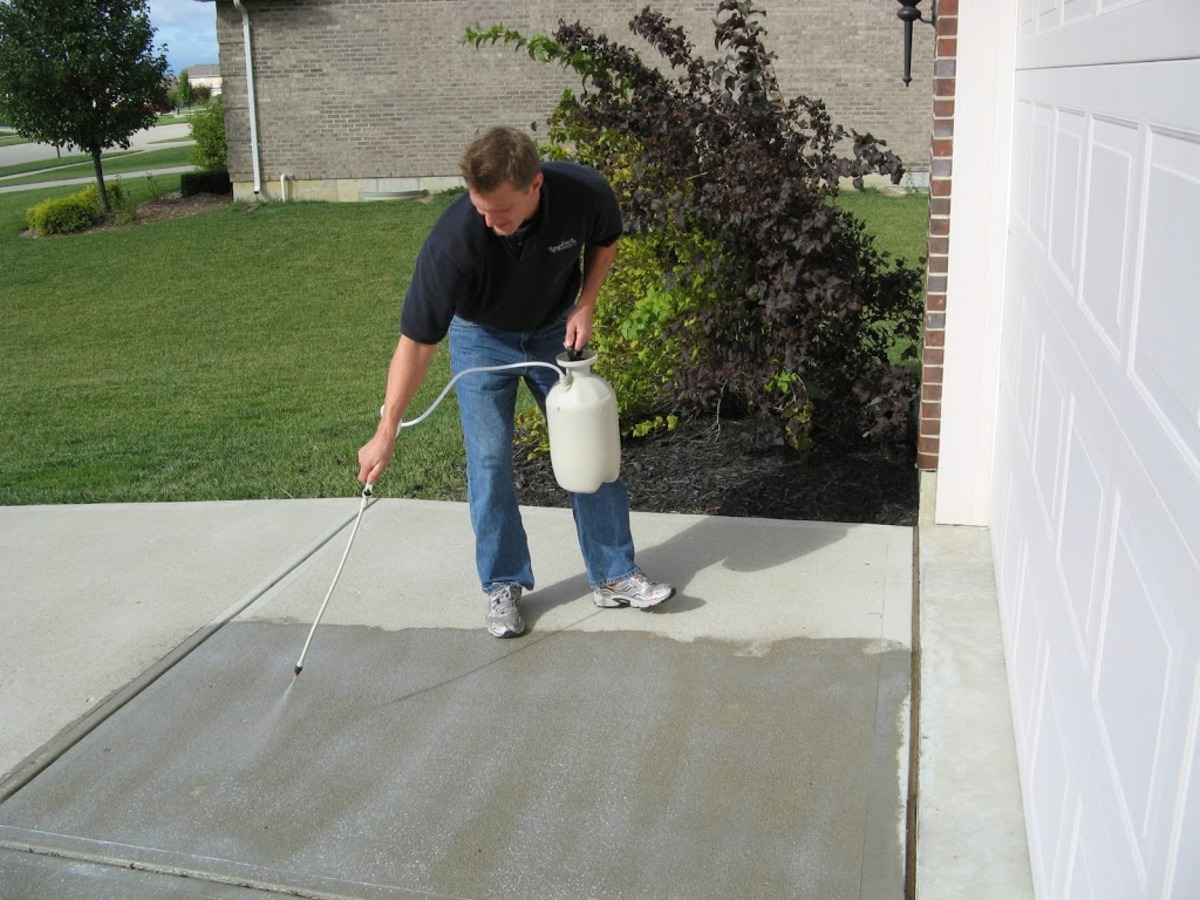
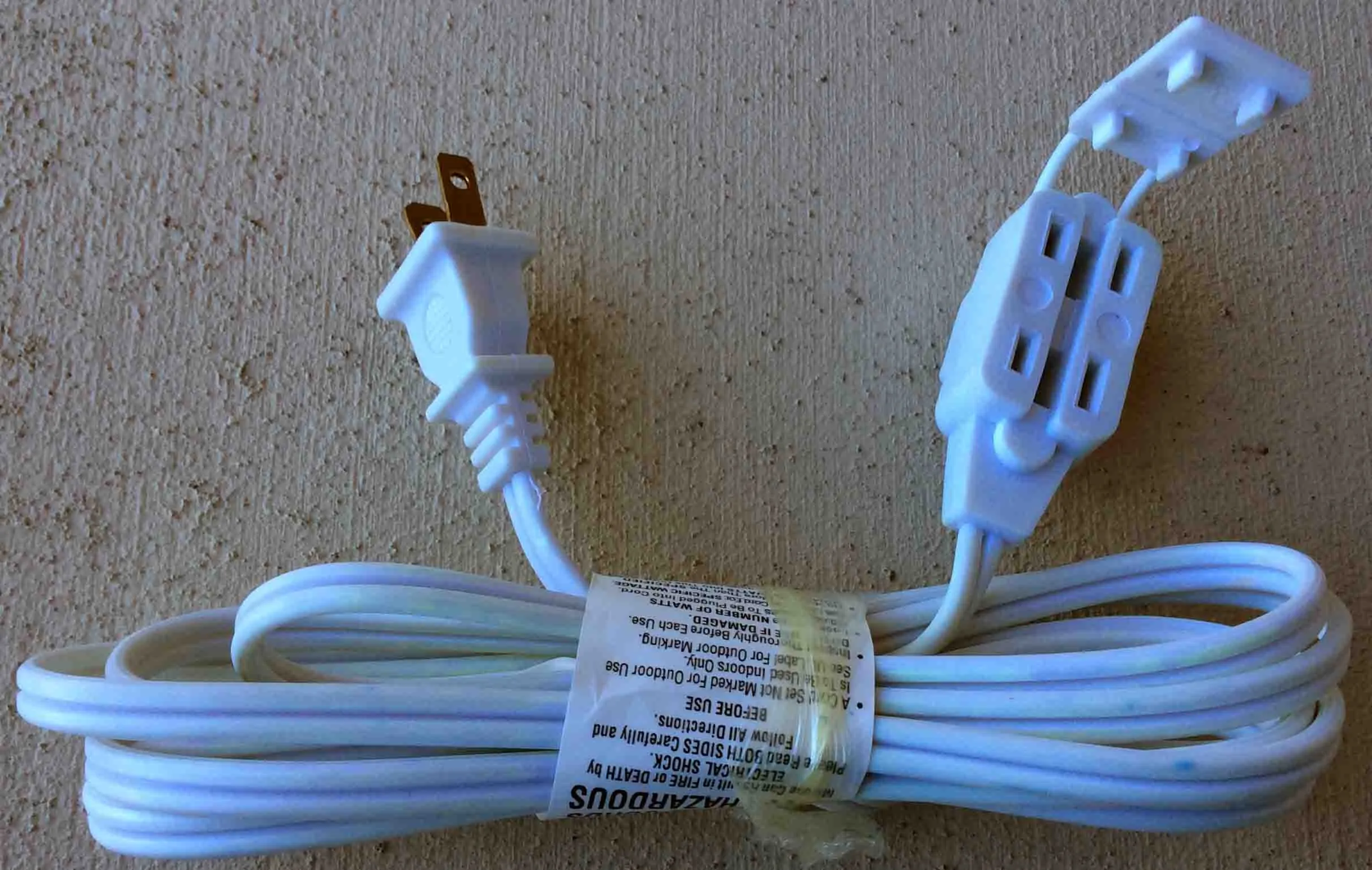


0 thoughts on “How Often Should You Declutter”